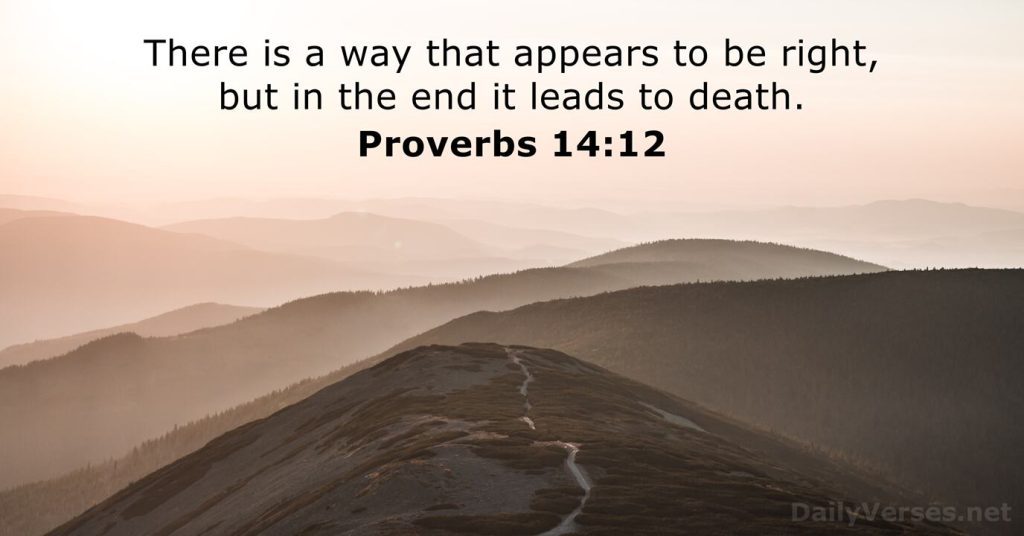The Walking Dead: A Reflection on a World Without God

You’ll often hear some say that Christians shouldn’t watch this or listen to that, but I believe it’s a bit more personal than that. God knows our intent and sees our hearts. I personally enjoy a good faith-based movie, and there are some incredible ones out there. But I also enjoy other genres. A well-made political thriller or action movie, for instance, really pulls me in. Recently, though, I found myself unexpectedly hooked on The Walking Dead.
The genre of monster movies or series doesn’t usually appeal to me. But I found myself unexpectedly captivated by The Walking Dead and its spinoff, Fear the Walking Dead. Oddly enough, it wasn’t the zombies that hooked me. In fact, you could have removed the zombies entirely, and the story would still resonate. What kept me watching was the portrayal of a broken and fallen world and the intensity of human nature stripped to its core. This depiction held a haunting truth: how people respond to desperation, the clashes over survival, and the stark contrast between those who strive to help others and those who prioritize their own survival at any cost.
What really struck me was the realism hidden beneath the fiction. Yes, there were zombies, but that wasn’t the true horror. The real horror was the portrayal of human divisiveness and the lengths people go to when they feel there’s nothing left to lose. It’s unsettling because it’s a reflection of what could happen in our own society. In moments of crisis or uncertainty, we see glimpses of this, even in our communities. When we’re divided—politically, socially, or spiritually—the threads holding us together seem to fray. As The Walking Dead so vividly shows, in the absence of unity and purpose, society can unravel.
The world of The Walking Dead illustrates a society that has lost its way. In many ways, it’s an image of a world without God. As human beings, when we try to navigate life on our own terms, doing what seems right in our own eyes, it often leads us astray. Proverbs 14:12 tells us, “There is a way that seems right to a man, but its end is the way to death.” This verse is a powerful reminder that without God’s guidance, the choices we make can ultimately lead to destruction—just as it does in the show’s world.
In the series, we see some characters clinging to a moral compass, trying to preserve their humanity. Yet, many others, fueled by desperation or power, lose sight of that. In the Book of Judges, we read of a similar pattern in ancient Israel, where “everyone did what was right in his own eyes” (Judges 21:25). Time and again, this led to chaos and suffering, as people turned away from God’s ways.
The message of these shows speaks to a universal truth: without a shared moral foundation or a sense of higher purpose, society cannot thrive. We see this today, even in our small communities, where division has begun to erode our shared values. Disconnected from God, people often turn inward, focusing on self-preservation or personal agendas at the cost of others. It’s not hard to imagine this scenario spiraling out of control in our real world, just as it does on screen.
In a world without God, people do what they feel is necessary to survive, often stepping over others in the process. Paul writes in 2 Timothy 3:1-5 about the “last days” when people will become “lovers of themselves…unforgiving, slanderous, without self-control.” These characteristics are echoed in the characters’ behaviors throughout the series, and, more importantly, they serve as a mirror to examine ourselves.
The message of The Walking Dead resonates with viewers because it strips away the comforts and securities of our world, asking how we might live when those are gone. It is a stark vision of life without hope, where the human spirit’s survival depends on something greater than survival instincts alone. In contrast, as Christians, we are called to put our faith and hope in God. Hebrews 6:19 tells us that “we have this hope as an anchor for the soul, firm and secure.” This anchor keeps us grounded when the world feels chaotic and helps us to rise above divisiveness.
A society without God becomes a society without hope, and without hope, people turn on one another. Yet in Christ, we find a different path. Jesus reminds us, “A new command I give you: Love one another. As I have loved you, so you must love one another” (John 13:34). When we love as He loves, we break down barriers, fostering unity and peace rather than division and chaos.

